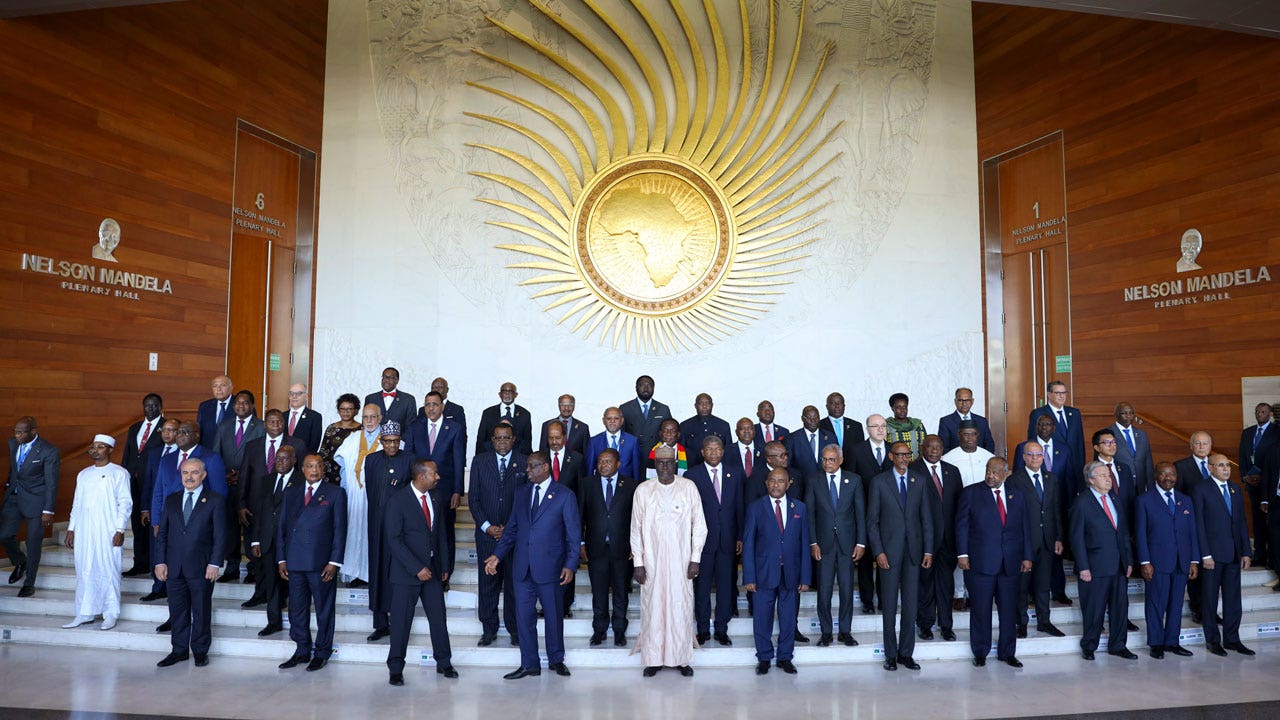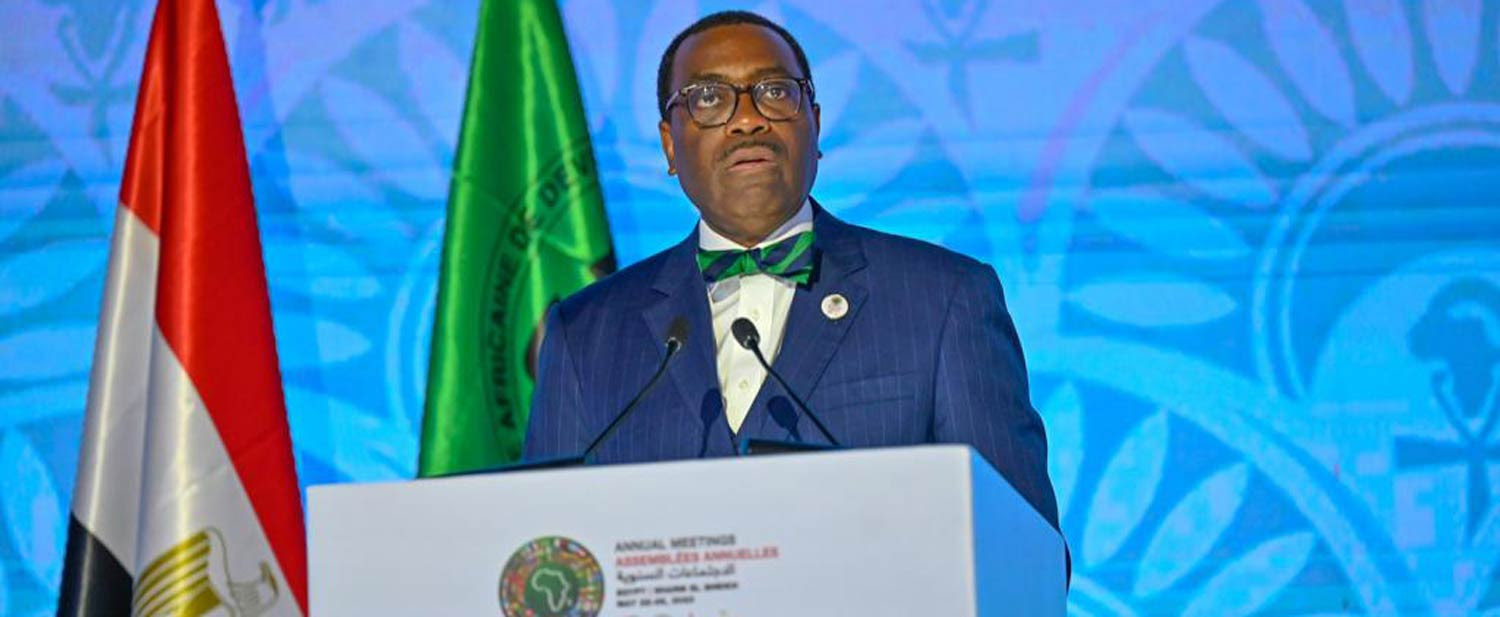
How Erdogan’s Supporters Are Thinking About the Runoffs
ISTANBUL—A light morning drizzle kept Istanbul’s streets fairly empty, but Erdogan Bey decided to venture out anyway, wearing sunglasses and an oversized pinstriped suit. He sat down for a glass of black tea, prayer beads in one hand, a cigarette in the other. A Turkish flag was taped to the wall behind him.
Read more of FP’s coverage of Turkey’s pivotal elections.
I asked whether that was his real name, bey being a respectful term used in Turkish to address men in general. He laughed, inhaled a puff of smoke, then slammed his ID card on the table. Bey has spent his 70 years living in Kasimpasa, a lower-income working-class neighborhood right next to one of Istanbul’s more affluent postcodes. He grew up playing soccer here as a kid, just like another Kasimpasa boy who shares his name and almost his age: incumbent Turkish President Recep Tayyip Erdogan.
Bey started working as a grocer as a teenager. He has no wife, no children, and no passport. The homeland, he said, is all he needs. He insisted on treating me to a glass of tea for three Turkish lira. Three years ago, that was worth a half dollar. Today, it’s a dime and a half. “Have you seen any country like Turkey? There’s no need to travel abroad when you have Antalya, Konya, Izmir.” He tallies cities he’s never been to on his fingers, even letting go of the cigarette for a spell.
An old photo of incumbent Turkish President Recep Tayyip Erdogan hangs in an empty store in the Kasimpasa neighborhood on May 22. A banner on the right celebrates Turkey’s upcoming centennial.
Tugca Yagiz (in the middle, between the two other men) sits outside a tea house in Kasimpasa on May 22.
Kasimpasa is beautiful today, though 20 years ago, it was dirty and neglected, Bey recalled. Houses were run-down, trash piled up, and the water was nasty. “I used to be embarrassed to live here, but look at it now! The renovated mosque, the clean streets, new shops and restaurants.” Even his small business prospered for a bit, alongside Turkey’s broader economic boom. Both are memories now.
He doesn’t venture out of Kasimpasa much anymore. He visits the tea shop, the mosque, a few friends’ houses. He did, though, recently take the bus to the other side of the Golden Horn, where he waited in line to visit the TCG Anadolu, the Turkish Naval Forces’ new amphibious assault ship and drone carrier.
It’s docked at the Sarayburnu Port (which, like Kasimpasa’s mosque, is newly renovated), it’s the country’s biggest vessel, and it’s made by Turks, for Turks: Foreigners are not allowed to visit. Ahead of the May 14 first round of the presidential election, up to 15,000 people visited daily, a police officer managing the lines outside the ship told me. After the ballots closed, so did the TCG Anadolu, initially leaving the port, then returning quickly when it was clear that there would be a second round of voting. Now the lines are shorter, but people are still coming to visit.
View of the TCG Anadolu, docked at Sarayburnu Port, photographed from Galata Bridge in central Istanbul on May 22.
I asked one of the women in line why she’s visiting. A mother of two, both her children left for the United States, where they drive taxis in New Jersey, since they couldn’t make ends meet in Turkey’s wheezing economy. She hopes they will come back one day. “We have so much here,” she said. “Great hospitals, great roads, this ship.” She scrolled through photos on her phone: tanks, helicopters, drones. Last year, Turkey exported $4.4 billion worth of arms, a figure the country aims to top this year. Bey showed me similar photos. “Look at how far we’ve come,” he said.
When it comes to warships, Turkey has indeed come a long way. Just before World War I, the Ottoman Empire ordered two battleships to be built in British yards. In August 1914, 500 Turkish sailors slooped to Newcastle to pick them up. They were beautiful vessels. Winston Churchill thought so, too: He commandeered them for the British fleet, leaving the Turks heading home empty handed and precipitating their entry into the war, against Britain, a few months later.
Almost a decade after that, modern Turkey would rise on the ruins of the defeated empire, establishing the republic under Mustafa Kemal Ataturk. This year, the country celebrates its 100th birthday. Ataturk’s secularism may not be in fashion, but his nationalism certainly is.
Yagiz in his barbershop in the Kasimpasa neighborhood in Istanbul on May 22.
“Today, Turkey isn’t being humiliated by other countries, and we’re certainly not bowing to anyone, not to the U.K., not to the U.S.,” said Tugca Yagiz, 40. He took his 11-year-old twin sons to see the TCG Anadolu too. “Impressive. Legendary,” he concluded. “This is the future I want to give my sons: A country standing strong and independently on the world stage. A safe place.”
His boys were born into rough times. Turkey faced dozens of terrorist attacks between 2011 and 2017, many perpetrated by members of the PKK, the Kurdistan Workers’ Party, a designated terrorist organization by both the United States and the European Union, and later by the Islamic State. “National security is now one of the government’s main agendas,” Yagiz said.
A barber and a divorcee, he wore the standard-issue garb: black sneakers, gray jeans, black leather jacket, and a tightly-trimmed beard. He carried his prayer beads out of habit, not conviction; the other hand is for tea and the cigarette. He was with his friend, who roots for the same soccer team (Kasimpasa) but votes for the other side. No matter. They both agree that opinion polls got things wrong.
A view of Istanbul and the Golden Horn, with the Kasimpasa neighborhood on the bottom left, on May 22.
Graffiti reading “Six [steps] backwards, one forward. The choice is yours” in Kasimpasa on May 22.
“The loudest voices are not necessarily those of common Turks,” Yagiz said, but admitted that the country is divided. “Some see our president as an authoritarian leader, and they want change. I see him as a strong leader who delivers and works hard. He’s one of us, and he wants to move our country forward.”
Yagiz’s barbershop hasn’t been able to move forward much, though. Both the pandemic and the cost-of-living crisis have brought hiccups. The war in Ukraine hasn’t helped. Yagiz protested that Europe has had its woes as well. His friend just shook his head. Then they shared another tea.





![A small group of people walk by a weathered wall with stenciled graffiti that reads "Six [steps] backwards, one forward. The choice is yours."](https://foreignpolicy.com/wp-content/uploads/2023/05/6-FP_SGlinski_2ndroundTUR8.jpg)

